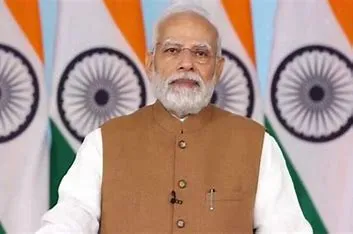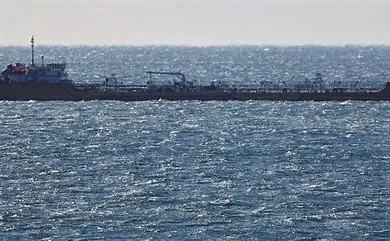In an indirect critique of China’s aggressive expansionist policies, S Jaishankar, India’s External Affairs Minister, emphasised the necessity of an Indo-Pacific that is “free, open, inclusive, and rules-based” with due respect for sovereignty and territorial integrity, during his address at the 13th East Asia Summit (EAS) Foreign Ministers Meeting in Jakarta.
Highlighting India’s staunch support for the ASEAN Outlook on the Indo-Pacific (AOIP) and its implementation via the EAS, Jaishankar reiterated that the future stability of this crucial biogeographic region, encompassing the Indian Ocean and vast stretches of the Pacific Ocean, hinges on an unwavering commitment to these principles.
Global powers, including India and the United States, have consistently stressed the need to maintain an open and thriving Indo-Pacific, especially in light of China’s rising military presence and expansive territorial claims in the region. Notably, Beijing lays claim to a majority of the contested South China Sea, a claim disputed by Taiwan, the Philippines, Brunei, Malaysia, and Vietnam. In addition, it has also constructed artificial islands and military establishments in the region, and maintains territorial disputes with Japan in the East China Sea.
Jaishankar pointed out the profound synergy between the Indo-Pacific Oceans Initiative (IPOI), proposed by India, and the AOIP. He assured that the Quadrilateral Security Dialogue, or the Quad—comprising India, the US, Japan, and Australia—would complement ASEAN and ASEAN-led mechanisms, further asserting India’s affirmation of ASEAN’s centrality in the Indo-Pacific region.
China, which has been continually critical of the Indo-Pacific concept and the Quad, asserts that these groupings aim to contain Beijing and are thus, a threat to a peaceful, stable, and cooperative maritime order. However, the collective stance at the summit underscores the broader international commitment to uphold freedom and rule-based norms in the Indo-Pacific.

















